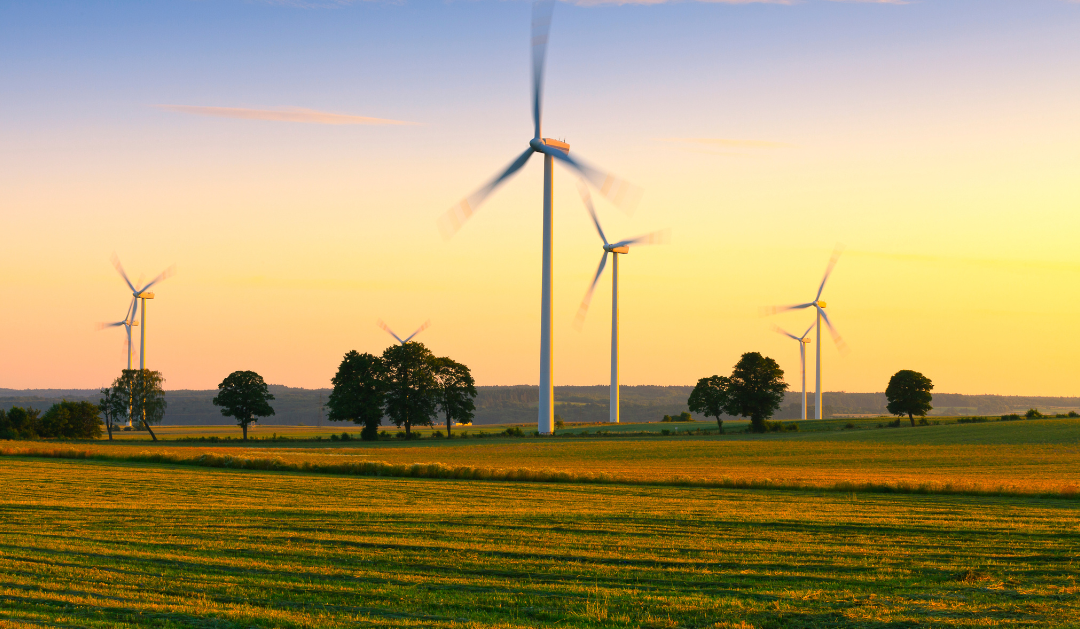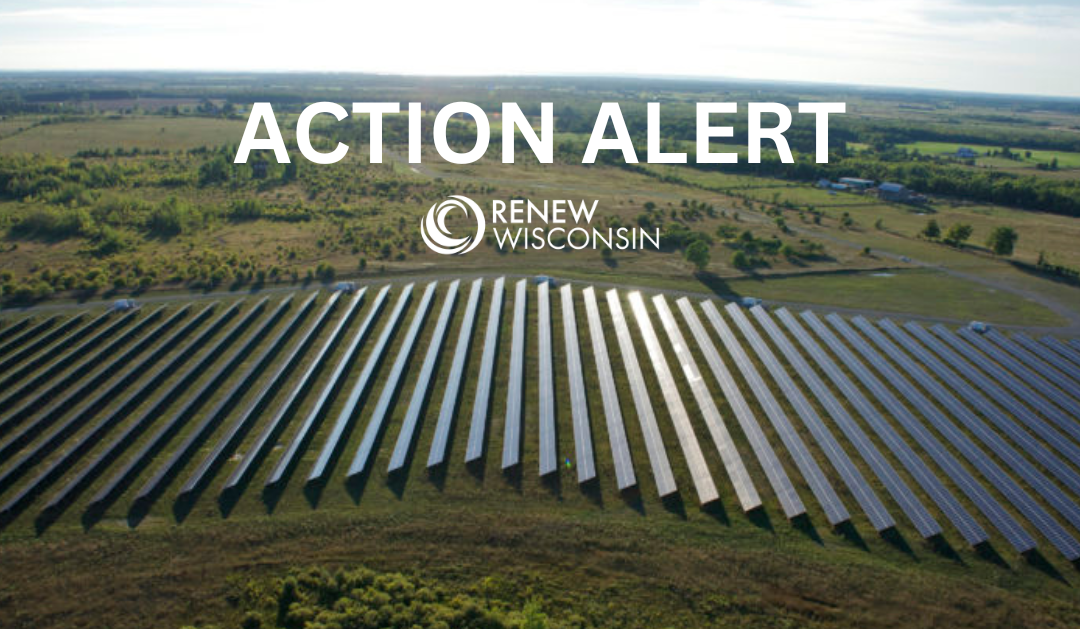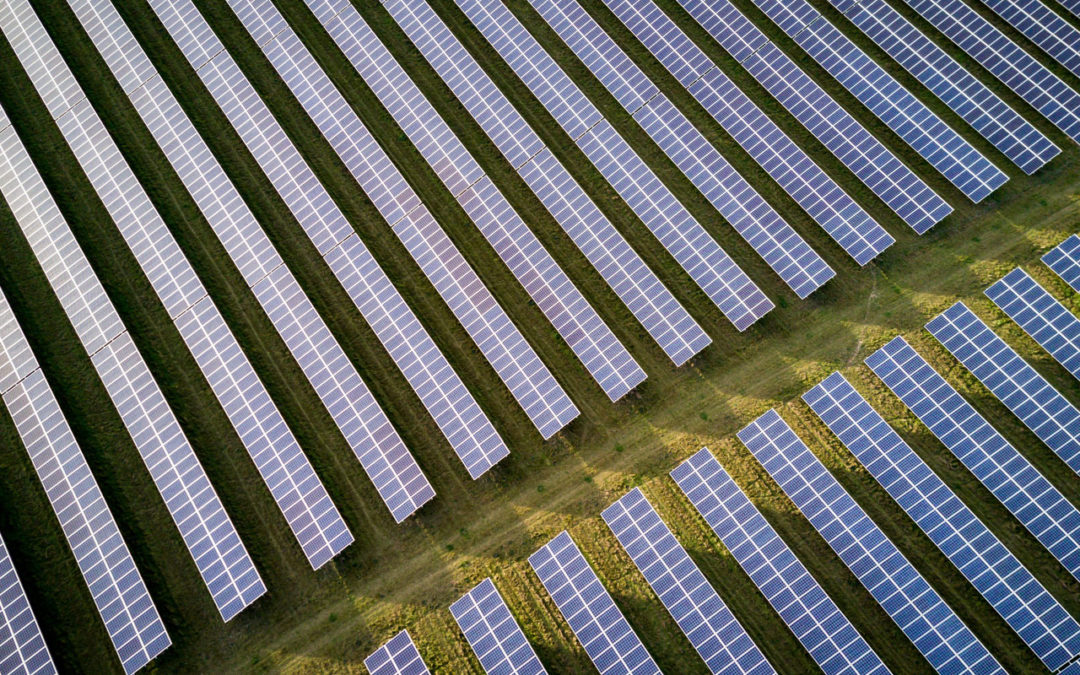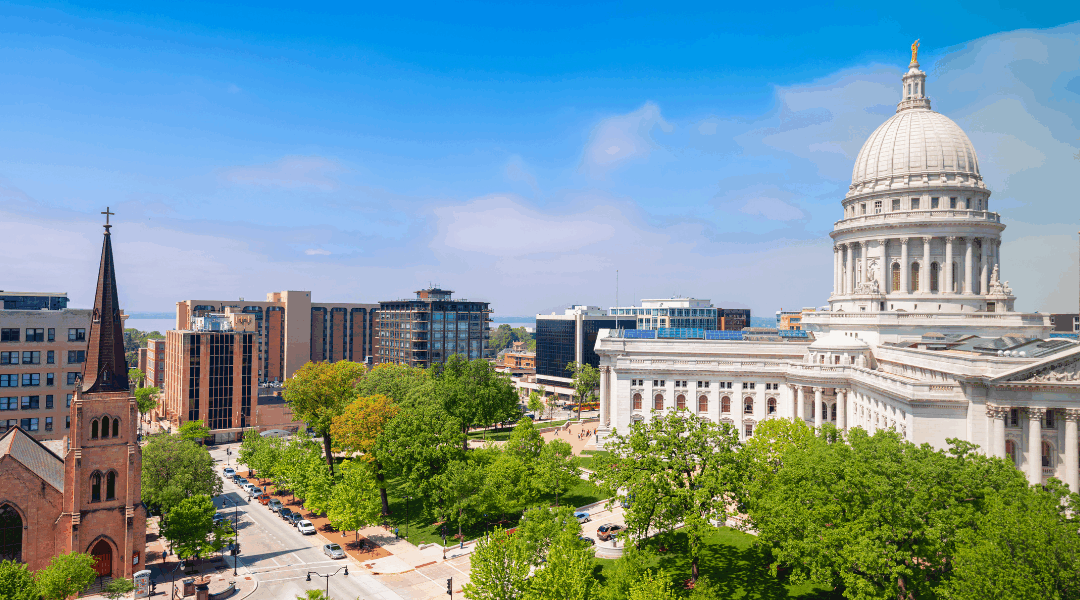The on-site renewable mandate in AB 840 is a grid reliability trap.
Wisconsin is at the front edge of a new electricity boom. Data centers, especially those powering artificial intelligence, are arriving with power demands greater than those of many towns and cities. This can be an opportunity for economic growth and long-term energy strength. But only if we write the rules correctly.
That’s why one provision in Assembly Bill 840 (AB 840) should be rejected outright:
“Any renewable energy facility that primarily serves the load of a data center shall be located at the site of the data center.”
On the surface, it sounds reasonable. If a data center claims it will use renewable energy, then the renewable energy should be “right there,” on-site. Simple. But energy policy isn’t made in slogans. It’s made in engineering and economics. And this provision is not a renewable energy policy at all.
It’s a natural gas mandate in disguise. Wisconsin should demand clean power at scale, not performative compliance. Large data centers can draw hundreds of megawatts around the clock. That kind of demand can’t realistically be met with on-site renewables alone. At least in most locations in Wisconsin. Wind and solar require significant acreage, and the best renewable resources aren’t always near data-center sites.
So what happens when lawmakers require renewables to be built in a confined or impractical space? Renewables can’t meet demand. And when renewables can’t be deployed effectively, the market defaults to the only thing left — fossil fuels.
That means AB 840’s on-site rule doesn’t “ensure renewables.” It blocks renewables and guarantees fossil fuel generation, exactly the opposite of what Wisconsin needs for long-term energy security and economic resilience.
Grid reliability comes from flexibility, not forced geography. Here’s the core problem: the electric grid is not designed around one-to-one power matching. Wisconsin’s power system works because it is a network. We build generation where it makes sense, where the renewable resource is strongest, where land is available, where interconnection is possible, and where transmission can support it. Then electricity flows across the system.
This is not a partisan argument. It’s how modern power systems are built. Requiring renewable energy facilities to be located only on-site at data centers ignores the basic physics of the grid and forces the wrong kind of infrastructure in the wrong place.
Even worse, it undermines reliability. Concentrating generation and load at the same node can create congestion and interconnection bottlenecks. Reliability improves when generation is diversified and distributed geographically, wind in one region, solar in another, storage where it helps most, and transmission planned intentionally.
AB 840’s location requirement is the opposite of that. It is central planning, not grid planning.
If Wisconsin wants ratepayer protection, fine, but we can’t sabotage the growth of clean energy. There’s a lot in AB 840 worth serious discussion. Wisconsin absolutely must prevent large private loads from shifting costs onto families, farmers, and small businesses. That’s non-negotiable.
But if lawmakers are serious about protecting Wisconsinites, they should also consider what happens when natural gas becomes the default fuel for powering the new economy. Gas plants lock in decades of fuel dependence. And fuel dependence means price volatility. Families don’t just pay for the plant — they pay for the fuel, forever. That’s not energy security, that’s vulnerability.
Wisconsin should not build its economic future on imported fuel with prices set by national and global markets. We should build it on resources we can produce right here: wind and solar, paired with storage, demand response, transmission planning, and other grid reliability tools.
There’s a better way, and it’s common sense.
If lawmakers want data centers to contribute to Wisconsin’s energy future, the bill should do three things:
- Require meaningful renewable procurement at scale, not token projects
- Allow off-site renewable development connected to the Wisconsin grid
- Require data centers to pay for the upgrades they drive, generation, interconnection, transmission, and firming
That approach accomplishes everything policymakers say they want:
- reliability
- competitiveness
- long-term price stability
- grid modernization
- and no cost shift to ratepayers
And it does it without forcing Wisconsin into a wave of fossil buildout. Wisconsin gets one shot at this data center expansion will reshape our grid for the next generation. The decisions we make now will determine whether Wisconsin becomes:
- a national model for modern, resilient power growth, or
- a cautionary tale of rushing headfirst into natural gas dependence
AB 840’s on-site renewable mandate is not a guardrail. It’s a trap. If we want energy security and grid reliability, renewable energy provisions must be strong—and they must be real. That means allowing off-site renewables and requiring data centers to add new clean power to the grid at scale.
Wisconsin can welcome economic growth. But we should not do it by writing fossil dependence into law.




